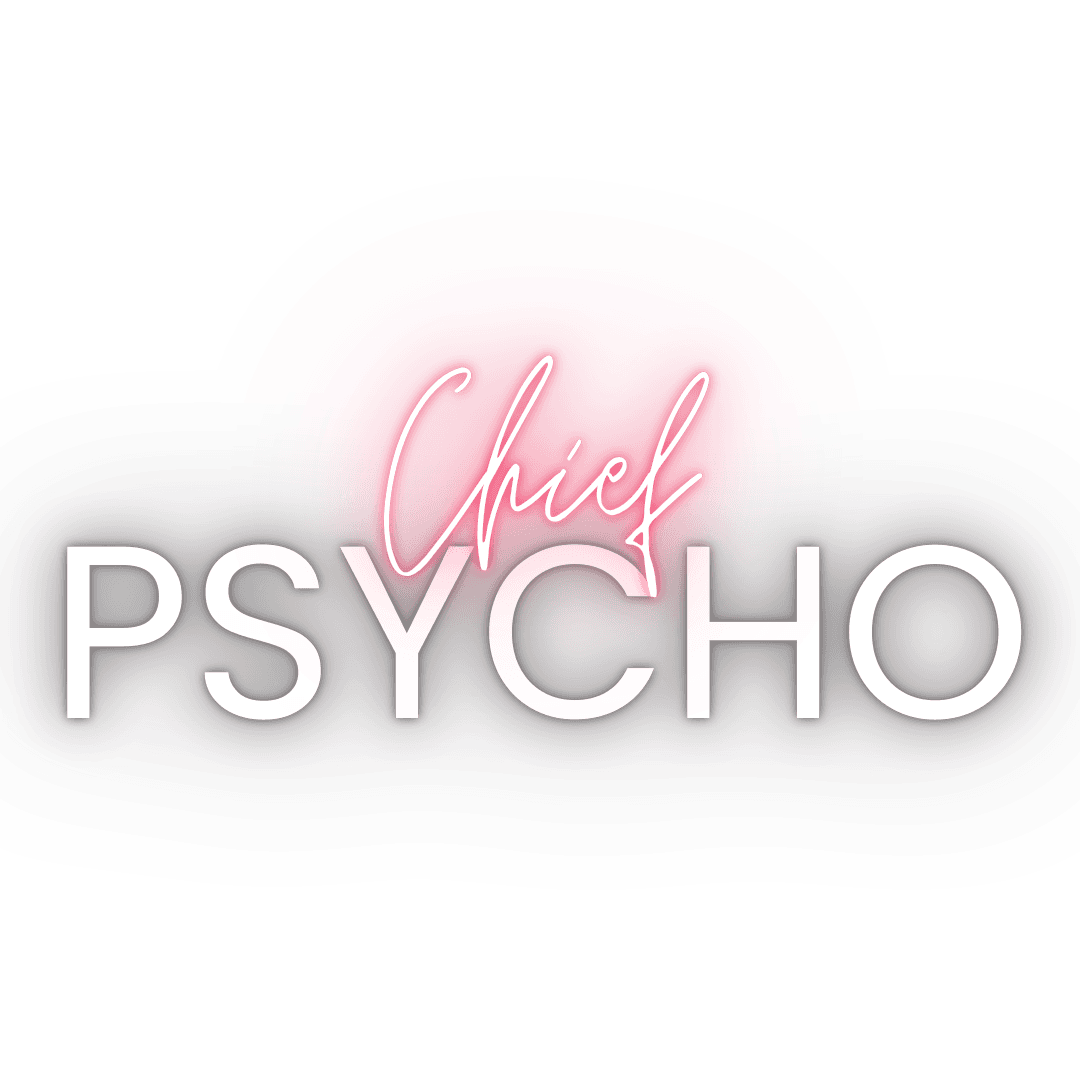How to Effectively Communicate with your Consulting Clients
Introduction
Effective communication is the cornerstone of any successful consulting relationship. As a consultant, your ability to clearly convey information, listen actively, and build rapport with your clients is crucial for achieving positive outcomes. In this blog post, we will explore some key strategies to help you communicate effectively with your consulting clients.
1. Establish clear objectives
Before engaging in any communication with your consulting clients, it is essential to establish clear objectives. Take the time to understand what your client hopes to achieve through your consulting services. This will help you tailor your communication approach and ensure that your messages are aligned with their goals.

2. Active listening
Active listening is a fundamental skill for effective communication. When interacting with your consulting clients, make sure to give them your full attention. Avoid interrupting and show genuine interest in what they have to say. Paraphrase and ask clarifying questions to demonstrate that you understand their concerns and needs.

2.1 Reflective listening
Reflective listening is a technique that involves paraphrasing and summarizing your client's statements to ensure understanding. When reflecting back what they have said, you not only show that you are actively listening but also give them an opportunity to clarify any misunderstandings.
3. Use clear and concise language
When communicating with your consulting clients, it is important to use clear and concise language. Avoid jargon and technical terms that may confuse your clients. Instead, strive to explain complex concepts in simple terms that they can easily grasp. This will help foster a stronger understanding and build trust in your expertise.

4. Adapt your communication style
Every client is unique, and their preferred communication style may vary. Some clients may prefer detailed written reports, while others may prefer face-to-face meetings. It is crucial to adapt your communication style to meet your client's preferences. This will enhance their overall experience and make them feel more comfortable and engaged.

4.1 Assessing client preferences
To determine your client's communication preferences, ask them directly or observe their communication patterns. Do they prefer email or phone calls? Are they more comfortable with formal or informal communication? By understanding their preferences, you can tailor your approach to better suit their needs.
5. Provide regular updates
Regular communication and updates are essential for maintaining a strong consulting-client relationship. Keep your clients informed about project progress, milestones, and any potential challenges. This will help manage expectations and ensure transparency throughout the consulting engagement.

6. Be empathetic
Empathy plays a vital role in effective communication. Put yourself in your client's shoes and try to understand their perspective. Show empathy by acknowledging their concerns and addressing them appropriately. This will foster a more collaborative and trusting relationship with your consulting clients.

7. Seek feedback
Feedback is a valuable tool for improving your communication skills. Encourage your consulting clients to provide feedback on your communication style, clarity, and responsiveness. This will not only help you identify areas for improvement but also demonstrate your commitment to their satisfaction.

Conclusion
Effective communication is the key to successful consulting relationships. Establishing clear objectives, actively listening, using clear language, adapting your communication style, providing regular updates, being empathetic, and seeking feedback, you can enhance your communication skills and build stronger connections with your consulting clients. Remember, effective communication is a continuous process that requires constant refinement and practice.
